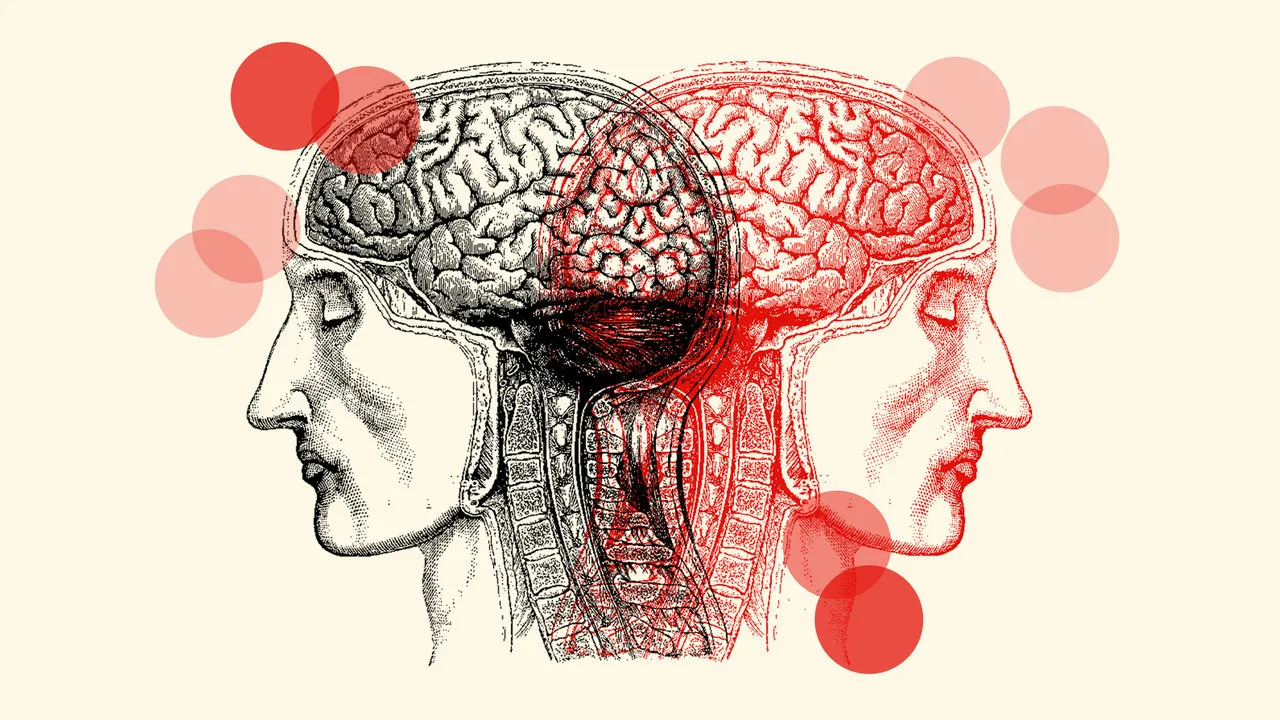Stress is a common part of modern life, but are you aware of just how much it affects your health? Is stress sabotaging your well-being? Whether it’s due to work, relationships, finances, or personal challenges, chronic stress can take a significant toll on both your physical and mental health. The good news is that by understanding stress and its impact, you can take steps to manage it more effectively and protect your overall well-being.
In this article, we’ll explore the effects of stress on your health, the signs to watch out for, and ways to reduce its impact on your life.
1. The Physical Effects of Stress
When you’re stressed, your body enters a “fight or flight” mode, releasing hormones like cortisol and adrenaline. While these hormones are useful in the short term, prolonged exposure can lead to a range of health issues. Are you feeling fatigued, tense, or experiencing headaches? Stress can contribute to chronic conditions like high blood pressure, heart disease, digestive issues, and a weakened immune system. Managing stress is crucial for preventing these physical consequences.
2. Mental Health Struggles
Stress doesn’t only affect your body—it also takes a toll on your mind. Are you feeling anxious, overwhelmed, or depressed due to ongoing stress? Chronic stress can impair your ability to think clearly, focus, and make decisions. It can also increase your risk of mental health conditions like anxiety disorders and depression. Finding ways to cope with stress is vital to maintaining a healthy mind and emotional balance.
3. Sleep Disruptions
Is stress keeping you up at night? One of the most common symptoms of stress is difficulty sleeping. Stress activates your nervous system, making it harder to relax and fall asleep. Over time, this can lead to insomnia and poor-quality rest, further affecting your physical and mental health. Getting quality sleep is essential for stress recovery and overall well-being.
4. The Impact on Relationships
Stress doesn’t just affect you; it can also impact your relationships with others. When you’re stressed, you may feel irritable, distant, or withdrawn. This can create tension in relationships with family, friends, and colleagues. Are you finding it hard to connect with others due to stress? Improving your stress management skills can help strengthen your relationships and foster better communication.
5. How to Manage Stress Effectively
The first step to managing stress is recognizing when you’re experiencing it. Are you aware of your stress triggers? Common sources of stress include work pressure, major life changes, and financial worries. Once you identify the root causes, you can take proactive steps to address them. Here are a few effective stress-management strategies:
- Exercise Regularly: Physical activity is one of the best ways to reduce stress. It helps to release endorphins, which are natural mood boosters.
- Practice Mindfulness and Meditation: Techniques like deep breathing, yoga, and mindfulness can help calm the mind and reduce the effects of stress.
- Take Breaks: Allow yourself time to relax and recharge throughout the day. Short breaks can help reset your focus and prevent burnout.
- Prioritize Self-Care: Engage in activities that bring you joy and relaxation, such as reading, spending time outdoors, or connecting with loved ones.
- Seek Professional Support: If stress is overwhelming, speaking with a therapist or counselor can provide valuable tools for coping.
6. Healthy Lifestyle Choices
Your lifestyle choices can either contribute to or help reduce stress. Are you fueling your body with healthy food, staying hydrated, and getting enough rest? Poor nutrition, dehydration, and lack of sleep can make stress worse. On the other hand, maintaining a healthy diet and regular sleep schedule can help your body better cope with stress.
7. Creating a Balanced Life
Achieving work-life balance is another important factor in managing stress. Are you overcommitting to work or neglecting personal time? Setting boundaries, learning to say no, and prioritizing activities that bring you peace and fulfillment can help prevent burnout and reduce stress.
Also Read : Whats Really Keeping You Healthy?
Conclusion
Stress is an inevitable part of life, but it doesn’t have to control your well-being. Recognizing the impact of stress on your body and mind is the first step toward managing it. By incorporating stress-relief techniques, making healthy lifestyle choices, and seeking support when needed, you can regain control over your health and well-being.





